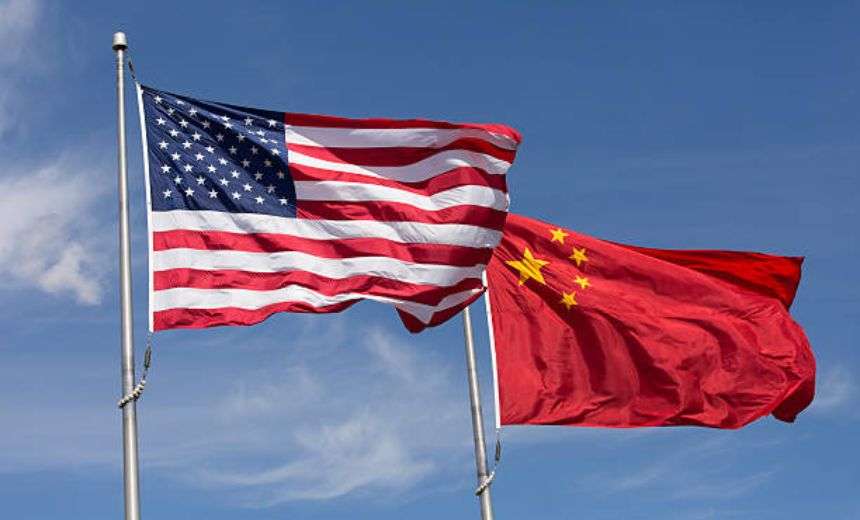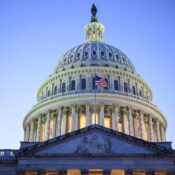
China Responds with 84% Tariff on US Goods Amid Rising Trade Tensions
China has responded to Trump’s 104% tariffs by imposing 84% duties on US products, accusing him of economic bullying.
In direct response to broad new US tariffs imposed by US President Donald Trump, Beijing announced an 84% duty on U.S. imports, which would take effect on Thursday. This announcement sent trade tensions between the United States and China skyrocketing on Wednesday.
Hours after Trump’s 104% tariff on Chinese goods went into effect, the Chinese finance ministry confirmed the sharp increase, which was up from the previous 34%. Beijing blamed the White House for “bullying practices” in a harsh statement, indicating a new round of tough economic brinkmanship between the two biggest economies in the world.
China’s Commerce Ministry said, “This is a necessary response to continued economic coercion by the United States.” “We will not watch helplessly as China’s justifiable commercial interests are weakened.”
The retaliatory action is part of a larger Chinese strategy to retaliate against what it perceives to be a more antagonistic US trade policy under Trump, who has also extended punitive tariffs to 60 other nations deemed to be the “worst offenders” in trade. Today also marked the implementation of these new taxes, which have an impact on everything from electronics to steel.
Trump reaffirmed his support for the tariffs during a campaign event, saying that the affected nations are now keen to resume talks.
He claimed, “They’re calling up and kissing my ass, begging for a deal,” to cheers from supporters.
commerce experts and economists have cautioned, however, that the tit-for-tat tariffs may do long-term harm to the stability of global commerce, boost consumer prices, and interfere with global supply chains.
China further restricted American corporations’ access to the Chinese market by adding six more to its list of “unreliable entities” as part of its reprisal. They include a number of artificial intelligence companies as well as the aerospace and defense company Sierra Nevada Corporation.
Liu Wen, a Shanghai-based trade expert, stated that being listed as one of the unreliable businesses could result in financial penalties, sanctions, and increased monitoring.
China put PVH Corporation, the parent firm of fashion behemoths Tommy Hilfiger and Calvin Klein, on the same blacklist earlier this year.
China’s Commerce Ministry oversees the list, which identifies businesses that are thought to pose a threat to national security or engage in activities that are detrimental to Chinese interests.
The US-China trade war, which has been simmering for years but now seems to be entering a more dangerous phase, has sharply escalated as a result of the developments. The future of the dispute, according to analysts, will rely on whether either side is prepared to make concessions or if it will continue to escalate with wider global ramifications.
According to Richard Morales, senior scholar at the Global Trade Institute, “if this trajectory continues, we may be looking at a full-blown economic cold war.”
All Categories
Recent Posts
Tags
+13162306000
zoneyetu@yahoo.com



